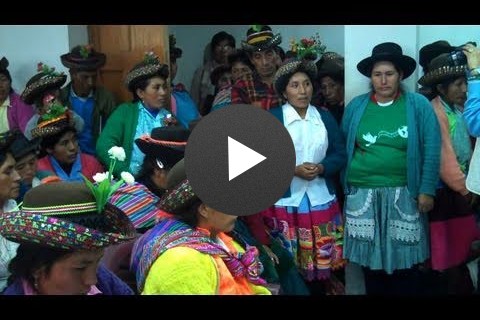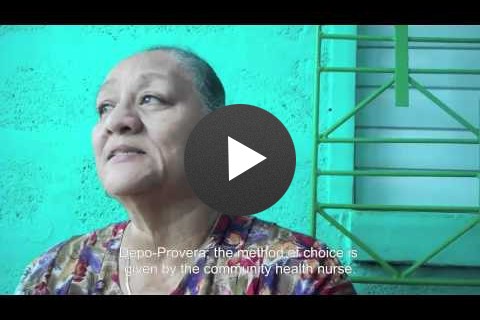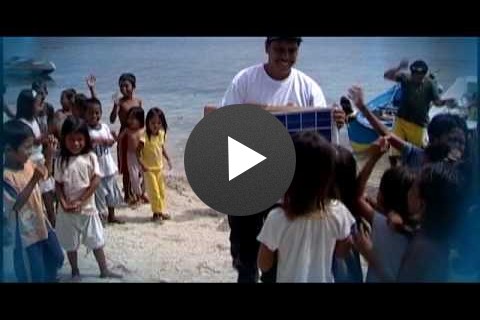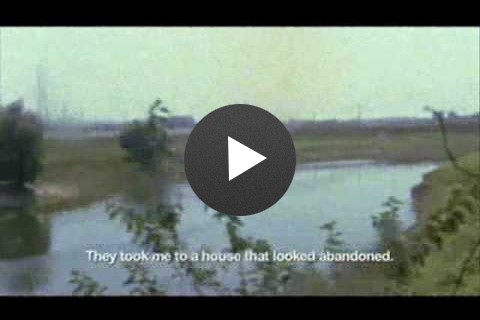The Future is Renewable: Indonesia's Path to Sustainable Energy
Through years of capacity building, knowledge exchanges, and technical assistance, USAID has enhanced Indonesia’s self-reliance by improving energy sector governance, advancing responsible energy investment, deploying innovative renewable energy projects, and increasing energy efficiency.
Video Transcript For the last five years, USAID has facilitated nearly $1.6 billion in renewable energy investments, bringing clean electricity to more than 5 million Indonesians.
Indonesia comprises 17,000 islands. It’s an archipelago which has rich natural resources. [There are] a lot of people here, about 260 million people. In my view, it’s one of the best countries in the world. My name is Eddie Setianto. I’m a retired USAID employee. I’m an electrical engineer.
For over 30 years, Eddie worked hand-in-hand with partners in Indonesia, including the Ministry of Energy and Mineral Resources and the state electricity company (PLN), to reform the energy sector.
Electricity is one of the critical parts needed for development. The people use energy for almost everything, okay? People use it for lighting, for productive uses, manufacturing, transportation, and exporting. The electricity, currently-- the majority is fossil fuels.
Indonesia hopes to reach 100 percent access to electricity by 2020 and to see its national energy mix include 23 percent new and renewable energy sources by 2025.
By 2025, Indonesia hopes to see 23 percent of its national energy mix include new and renewable energy. USAID is helping Indonesia achieve that goal by providing training, technical support, and modernization while facilitating investment and private sector partnerships.
Fossil fuels have a limited time, because it’s a limited resources. In the future, it has to be moving to renewable energy. And we have almost all of the renewable energy resources in the world. We have hydro, geothermal, biomass, solar, and wind. And it will be required a lot of effort from the government in improving the policy as well as improving the capacity of the people that working in the electricity sector.
One of the success stories of USAID in Indonesia is in training. USAID has equipped Indonesia’s current and future energy leaders with the expertise that the country needs.
Over the past five years, USAID has trained more than 8,000 energy sector workers. Today, they are transforming Indonesia’s energy sector.
"Indonesia has the potential for incredible renewable energy. But we don't have the capability to manage and absorb this energy. That's why we went to the U.S. with USAID to learn how California manages energy systems. Now that I’m back in Indonesia, I can teach my colleagues the same things I was lucky to learn."
MOBILIZED INVESTMENTS
From the regulatory side, they have to be able to invite the participation of the private sector. From the financing side, there’s a lot of money to be invested. USAID partnerships have unlocked U.S. experience, technology, and investment to increase Indonesia’s self-reliance in providing cleaner energy to all Indonesians.
My biggest satisfaction is when I can contribute to my country, helping to reform the energy sector. Of course, Indonesian people is the one that should be involved. The Indonesian people are the major component, actually. My hope for Indonesian energy in the future is that the energy sector will be sustainable and will be efficient. Everybody could have adequate access for utilizing the available energy-- should be affordable for all of them.
USAID’s contribution through experts like Eddie has powered Indonesia’s growing self-reliance in energy.
For the last five years, USAID has facilitated more than $1.5 billion in renewable energy investments, bringing clean electricity to more than 5 million Indonesians.
Since 1969, USAID has partnered with Indonesia to empower people, strengthen systems, and mobilize investments so that Indonesia can realize its full energy potential.
USAID, From the American People.









Comment
Make a general inquiry or suggest an improvement.